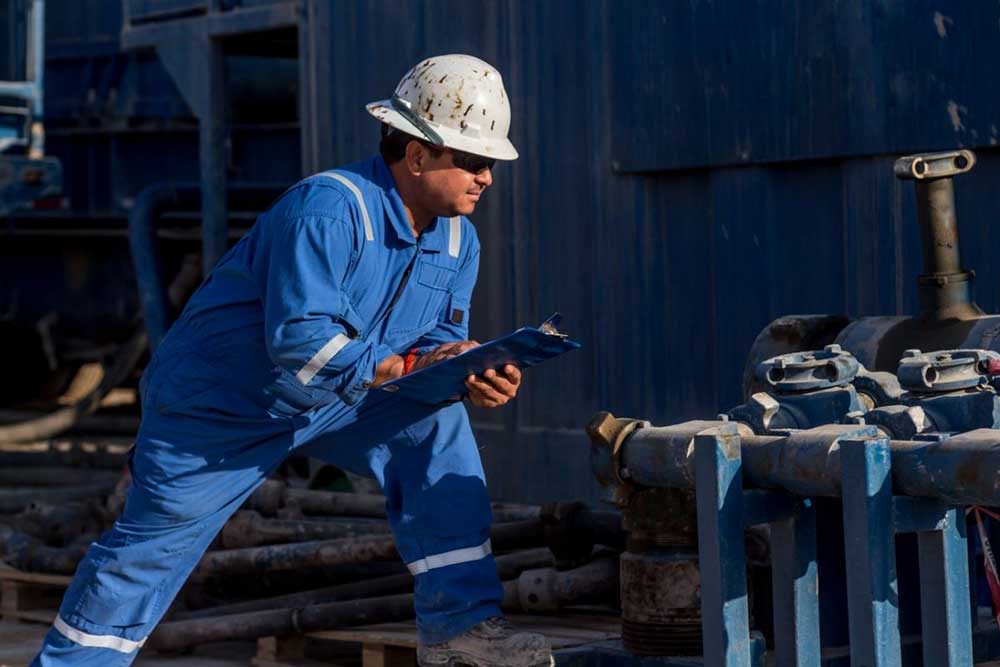Oil Field Accident
Home » Oil Field Accident
Practice Areas
Oil Field Accident Attorney
As baby boomers retire and drilling increases, oil and gas companies are constantly hiring. Companies added 23 percent more workers between 2009 and 2012. But the hiring spree has come with a terrible price. Last year, 138 workers were killed on the job — an increase of more than 100 percent since 2009. In fact, the fatality rate among oil and gas workers is now nearly eight times higher than the all-industry rate of 3.2 deaths for every 100,000 workers.
The spike in deaths may reflect the inexperience of the workforce, as well as worker exhaustion and other factors, experts say. Earlier this year, the Bureau of Labor Statistics issued a report saying oil and gas extraction deaths hit the highest level in 2012 since the government began compiling that data in 2003.
“Job gains in oil and gas and construction have come with more fatalities, and that is unacceptable,” Labor Secretary Thomas Perez said in a statement. “No worker should lose their life for a paycheck.”

The increased demand for crude oil and natural gas have created dangerous conditions for oilfield workers as drilling activity rises too quickly to meet safety demands adequately. Personal injury claims from oilfield workers have been on the rise, with multiple-fatal work injury events accounting for 24 worker deaths in 10 different incidents. More than half of these deaths were caused by transportation-related accidents, while a third were due to fires or explosions.
The three states with the most oil and gas extraction industry fatal work injuries in 2008 were Texas (with 41 fatal work injuries), Oklahoma (with 21 fatal work injuries), and Louisiana (with 13 fatal work injuries). Over the five-year period between 2004 and 2008, fatal work injuries in the oil and gas industry have increased by 91%, in Louisiana increasing by 30%.
Types of Oil Field and Offshore Accidents
- Collisions – Traffic accidents are the leading cause of job-related deaths among oil and gas workers, the Occupational Safety and Health Administration (OSHA) reports. Many of these accidents occur when companies transport workers and equipment to remote locations.
- Getting stuck or caught – Onshore and offshore drilling requires workers to work on and around a wide array of heavy equipment and machinery, including cranes, derricks, forklifts, rotating wellhead equipment, catheads, pipes, cables and high-pressure lines.
- Explosions and fires – Flammable vapors and gases at onshore and offshore drilling rigs can easily ignite due to friction heat, hot surfaces, sparks from cutting and welding tools, open flames, static and even lit cigarettes. Additionally, many fires and explosions occur when high-pressure lines leak or burst.
- Falls – Oil platforms, or oil rigs, in oil fields and at offshore sites often require workers to operate from elevated surfaces. Falls resulting in serious injuries and deaths often occur due to a lack of fall prevention equipment. Additionally, many workers suffer injuries in slip and falls on slick surfaces.
- Work site hazards – Working in an oil field or aboard an offshore drilling rig can involve bending, twisting, pushing, pulling, reaching overhead and lifting heavy items. Workers can suffer serious injuries when engaged in any of these activities.
What Injuries Happen In An Oil Field Accident?
Our lawyers understand the life-changing nature of the injuries that many oil and gas workers sustain due to these accidents. Some of the most common oil field and offshore injuries include:
- Traumatic brain injury
- Neck, back and spine injuries
- Broken bones
- Burn injuries
- Amputations
- Hearing and vision loss
- Scarring and disfigurement
- Post-traumatic stress disorder (PTSD).
In reality, oil and gas companies in Louisiana could take basic steps to prevent many of these accidents. However, they often put profit above worker safety. They allow accidents to happen due to factors such as:
- Worker fatigue
- Lack of proper training and supervision
- Lack of proper safety equipment
- Poorly maintained or outdated equipment.
Hire An Experienced Oil Field Accident Attorney
It’s very difficult to bounce back after a work-related injury, especially if you or a loved one is an oil field or offshore oil worker. The injuries sustained from accidents involving heavy machinery can be much more life threatening than other types of personal injury, so naturally the costs of medical care will be much higher as well.
You’ll need an experienced oil field accident attorney when you represent your personal injury or workers’ compensation claim. The experienced attorneys at Fischer & Procell are dedicated to serving our Louisiana clients in a timely and professional manner. Call Fischer & Procell today for a free legal consultation.


